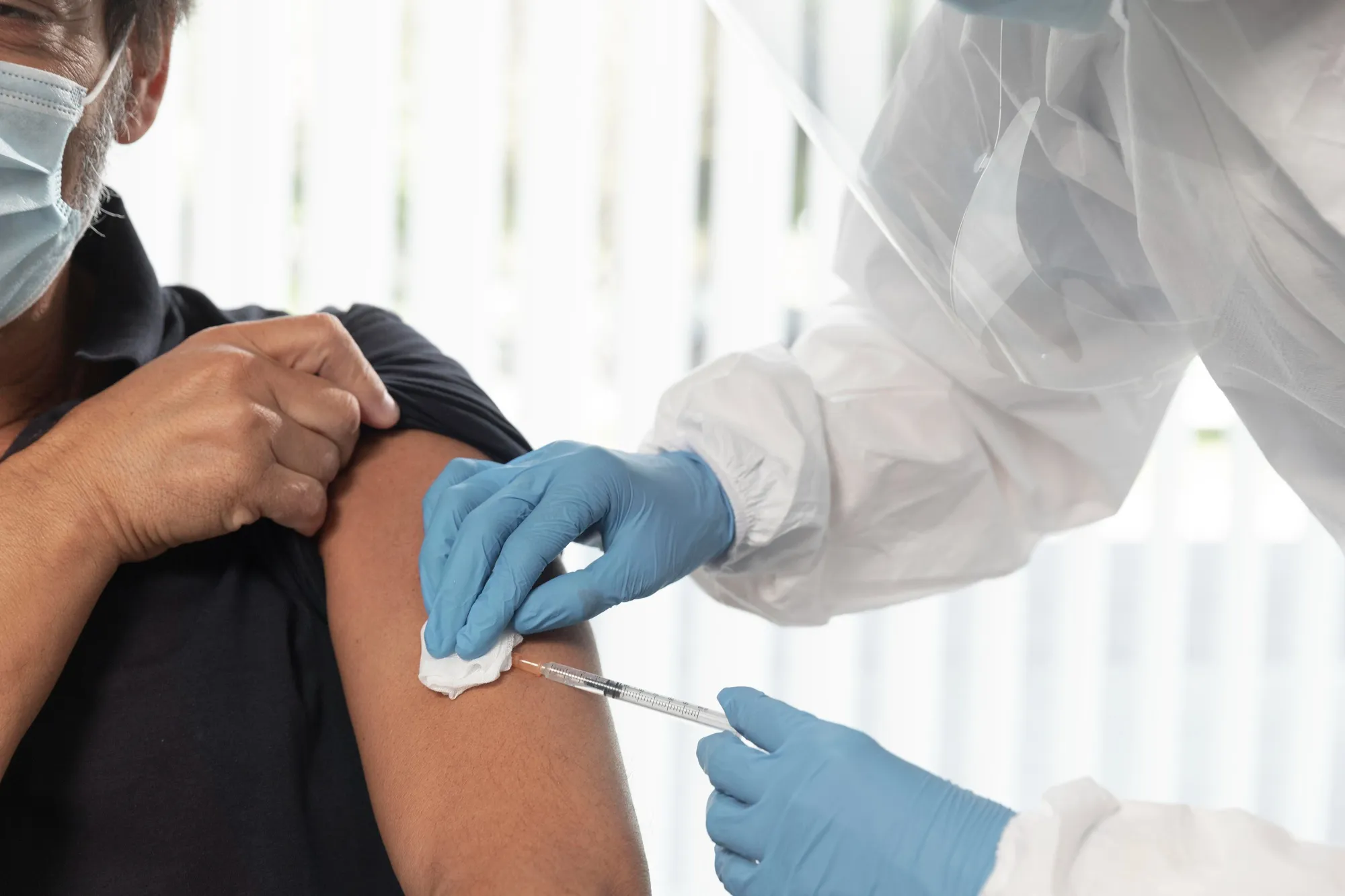A significant study headlining the world of gastroenterology and hepatology bears promising news for those living with Inflammatory Bowel Disease (IBD). Researchers from GETECCU (Grupo Español de Trabajo en Enfermedad de Crohn y Colitis Ulcerosa), have delivered compelling evidence in a prospective multicentre study, illuminating the effects of mesalazine on the COVID-19 vaccine’s response among IBD patients.
In Spain, the Ministry of Health had suggested that certain treatments, including mesalazine, might impair the effectiveness of vaccines in risk groups. This stance, however, did not reflect the consensus among most experts. The VACOVEII study, in looking to fill the gap in understanding, observed a cohort of IBD patients who had received the complete COVID-19 vaccination schedule, successfully avoiding infection prior to the study. The published results are immensely significant, drawing a clear conclusion that mesalazine does not detrimentally impact the vaccine’s effects.
The DOI associated with the publication is 10.1016/j.gastrohep.2023.12.012, and it is accessible in ‘Gastroenterologia y hepatologia’ under the article number S0210-5705(24)00017-7.
Methodology of the Research
VACOVEII, a Spanish prospective multicenter study, recruited a cohort of 124 IBD patients who had undergone the full vaccination regimen without any precedent of SARS-CoV-2 infection. Seroconversion, defined as reaching an antibody concentration of 260 BAU/mL, was the study’s endpoint, measured six months post-vaccination. This subanalysis particularly differentiated between those who were taking mesalazine and those not on any treatment.
The integrity of the study is vouched for by the centralized nature of its seroconversion determination and the employment of multivariate analyses to account for confounding factors. The assessment was methodically executed, with robust statistical backing.
Key Findings
Patients treated solely with mesalazine were found to have essentially identical mean concentrations of IgG anti-S antibodies when compared to the untreated group six months after complete vaccination. The multivariate analysis revealed that the vaccine types – specifically mRNA vaccines – and previous SARS-CoV-2 infections were independent variables affecting the antibody titers. It was determined unequivocally that mesalazine use does not translate to a negative impact on SARS-CoV-2 vaccines’ response.
Implications and Recommendations
This study’s implications are far-reaching, providing a sense of relief to IBD patients and health practitioners alike. Demystifying the interactions between IBD medications like mesalazine and vaccine efficacy is vital not just for current pandemic management but also for steering future vaccination strategies in similar populations.
The essence of these findings informs the practices and recommendations in gastroenterology and hepatology, as well as shapes public health policies regarding vaccination in risk groups. It substantiates the notion that patients with IBD on mesalazine should follow the general vaccination recommendations without fear of diminished vaccine responsiveness.
References
1. Deza, D. C., Gomara, J., Casas, A. B., Caudevilla, E. C., Beltrán, B., Domènech, E., … & Gisbert, J. P. (2024). Impact of mesalazine on the response to COVID-19 vaccination in patients with inflammatory bowel disease. Results of a prospective multicentre study of GETECCU (VACOVEII study). Gastroenterologia y hepatologia. doi:10.1016/j.gastrohep.2023.12.012
2. Gisbert, J. P., & Chaparro, M. (2020). Efficacy and safety of immunomodulators and biologics in the treatment of inflammatory bowel disease. Gastroenterology. doi:10.1053/j.gastro.2020.06.088
3. Ministry of Health, Spain. (2021). COVID-19 Vaccination Strategy in Spain.
4. Siegel, C. A., Melmed, G. Y., McGovern, D. P., Rai, V., Krammer, F., Rubin, D. T., … & Sands, B. E. (2021). SARS-CoV-2 vaccination for patients with inflammatory bowel diseases: recommendations from an international consensus meeting. Gut. doi:10.1136/gutjnl-2021-324000
5. Sandborn, W. J., Feagan, B. G., Rutgeerts, P., et al. (2021). Vedolizumab as induction and maintenance therapy for ulcerative colitis. New England Journal of Medicine. doi:10.1056/NEJMoa1215734
Keywords
1. COVID-19 Vaccine IBD
2. Mesalazine SARS-CoV-2
3. Inflammatory Bowel Disease Vaccination
4. Mesalazine Vaccine Efficacy
5. GETECCU Study COVID-19
The VACOVEII study brings robust data and clarity into the conversation surrounding IBD treatment and vaccine response, offering hope and guidance in the face of a global pandemic. With this information, those living with IBD and their healthcare providers can make informed decisions about vaccination without unwarranted concern over the potential influence of mesalazine.
